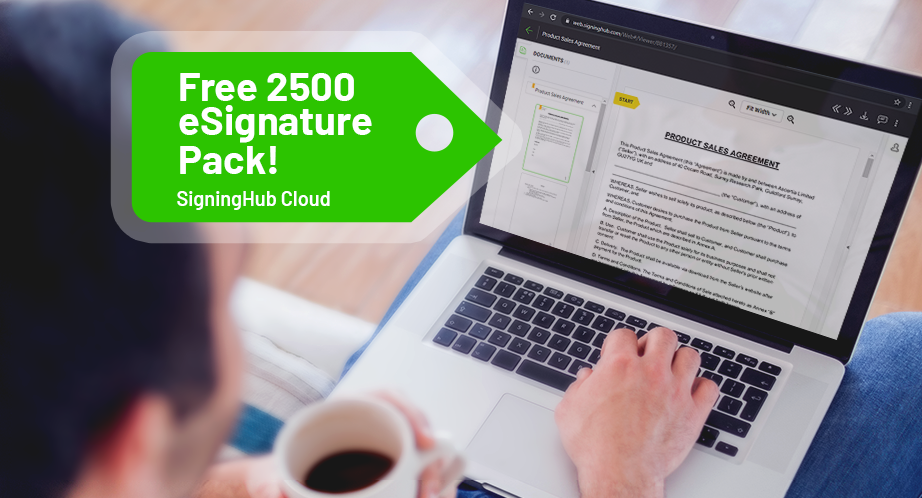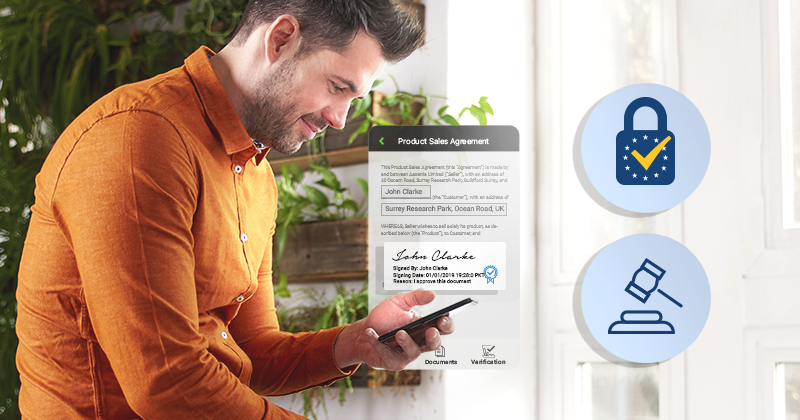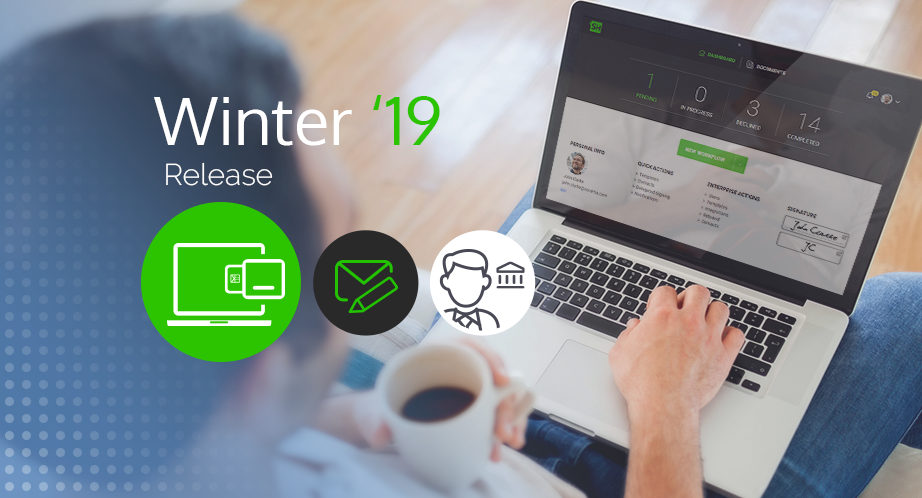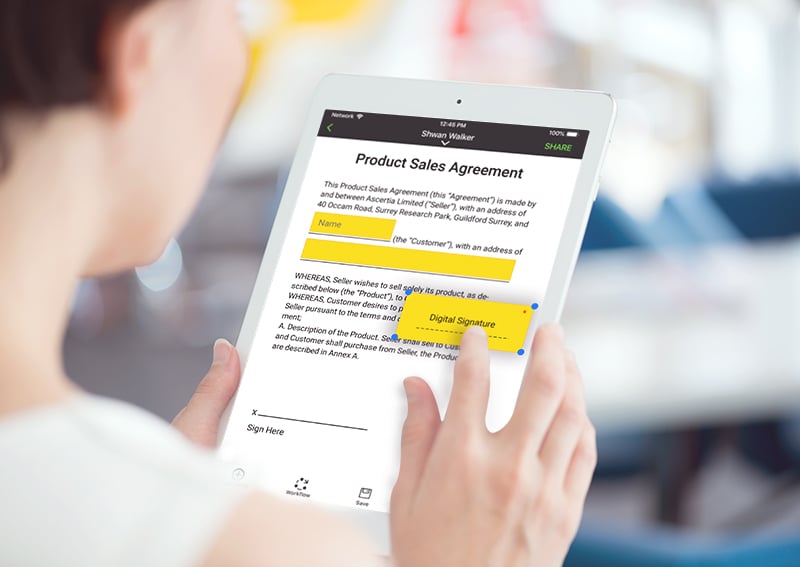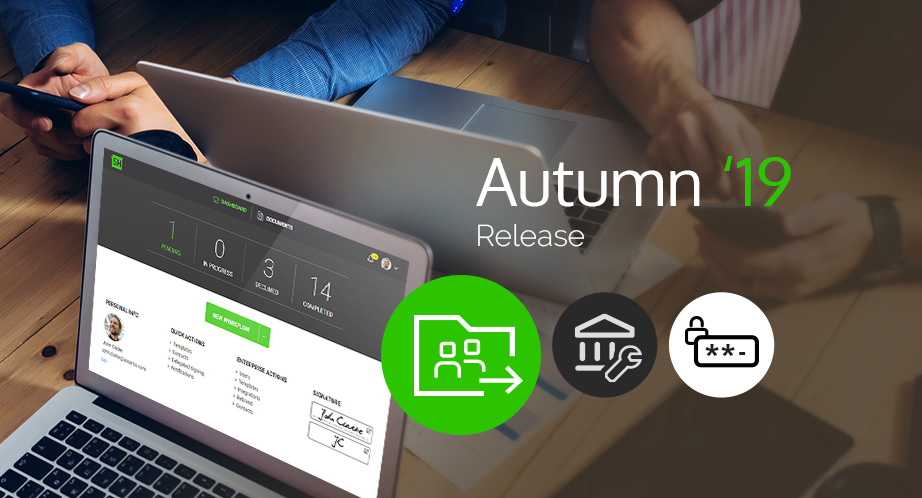What is a digital signature and how do I create one are two of the most common questions we are asked.
There is a clear difference between electronic signatures and digital signatures though, and confusingly digital signatures can be referred to as electronic signatures which does not help matters.
What is a digital signature?
Digital signatures must provide a way to authenticate the signer’s identity.
Authentication is done through the use of a unique Public Key Infrastructure (PKI) signing key for each user and an associated digital certificate which acts as a digital identity embedded into every signature. Public Key Infrastructure is a technical framework of encryption and cybersecurity.


